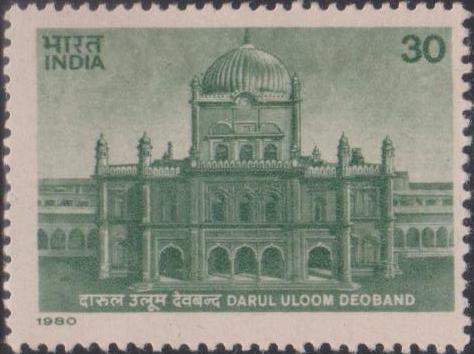
Darul-Uloom
A commemorative postage stamp on the Death Centenary of Maulana Md. Qasim, founder of Darul Uloom Deoband, a Islamic university in India and birthplace of Sunni Deobandi Islamic movement :
 Issued by India
Issued by India
Issued on Mar 21, 1980
Issued for : Maulana Muhammad Qasim died at the early age of 48 in 1880, almost a hundred years ago. The Indian P&T Department is privileged to issue a special stamp to commemorate Darul-Uloom, the institution that is his everlasting memorial.
Description of Designs : The stamp depicts a view of the main building of Darul-Uloom, Deoband which houses Darul–Tafseer and Darul–Hadis.
The first day cover, designed by the India Security Press, shows a view of the building of Darul-Ifta, one of the departments of Darul-Uloom, Deoband.
Designed by : India Security Press, based on a Photograph by Shri Charanjit Lal.
Type : Stamp, Mint condition
Colour : Olive Green
Denomination : 30 Paise
Overall size : 3.91 x 2.90 cms.
Printing size : 3.55 x 2.54 cms.
Perforation : 13 x 13
Watermark : Printed on water–marked adhesive stamp paper
Number printed : 30,00,000
Number per issue sheet : 35
Printing Process : Photogravure
Printed at : India Security Press
About :
- The 1857 War of Independence was fought with unique revolutionary fervour and sense of national identity. One of its many remarkable features was the participation of a large number of Muslim divines and thinkers who not only issued edicts in favour of the war against the British, but also often fought as combat soldiers in the nationalist army. Among those who took part in the battle of Shamli in Muzaffarnagar District of Uttar Pradesh was the great sufi and saint, Shah Imdadullah Muhajir Makki; one of his companions in arms was a 25 years old scholar Muhammad Qasim, of Nanauta in Saharanpur District of Uttar Pradesh later to become famous all over the Islamic world as the founder and the guiding spirit of the Darul-Uloom at Deoband (Distt. Saharanpur).
- Founded in 1866, with the inspiration of Shah Imdadullah Muhajir Makki, Maulana Rashid Ahmad Gangohi and other great muslims of the time, the Darul-Uloom began to attract students and scholars from far and wide even during the brief life span of Maulana Muhammad Qasim. The institution kept up its tradition of unflinching devotion to the laws and learning of Islam in their pristine purity, strong nationalist bias and total independence of Government aid. It became, in the words of the late President Rajendra Prasad, “a stronghold of freedom“. During its 114 years of existence, it has not accepted any grant or aid from any Government body and yet has been able to educate to the highest level more than 15,000 scholars in Islamic laws, theology, philosophy and medicine. Students have come to it from as far as the USSR, China, Africa, and even Saudi Arabia, Iraq and Yemen. At present its enrolment exceeds 1,800; the number of resident teachers and men of learning is almost 400; its budget for the year 1978 was about Rs. 29 lakhs.


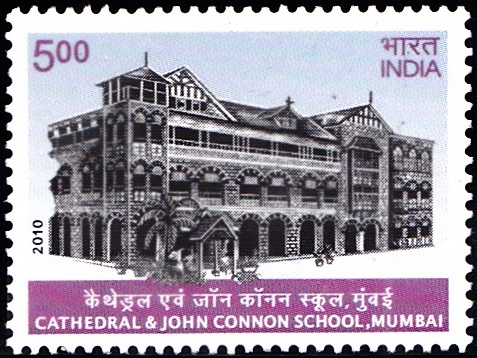
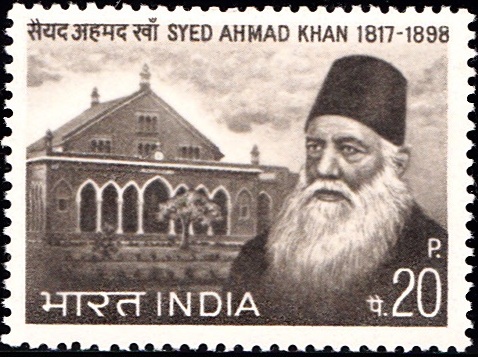
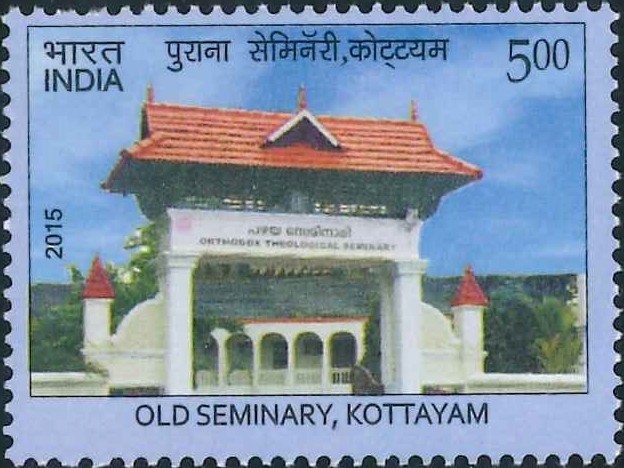
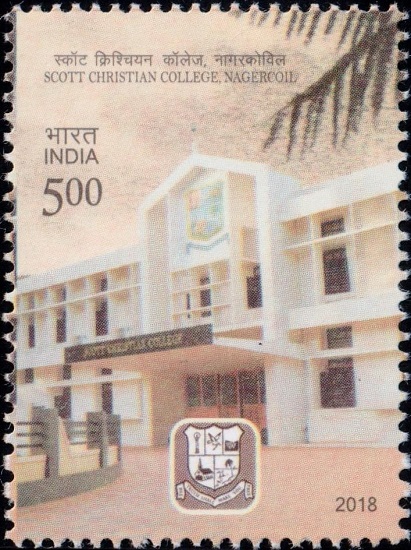
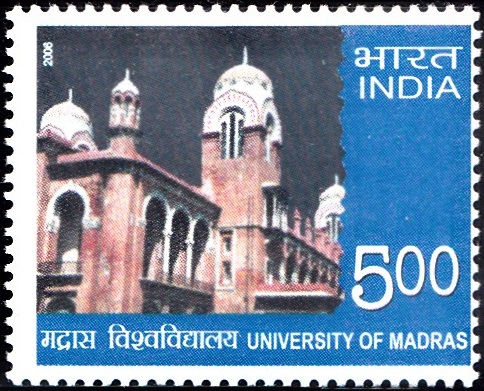
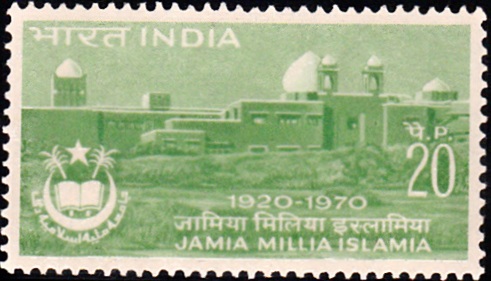
[…] a Dar–al–Ulum Manzar–i–Islam at Bareilly in India. To-day scores of Dar-al-Ulum in the sub-continent are functioning under his […]
[…] Tehrik) was one such effort from a group of revolutionaries, many of whom were connected with the Darul Uloom at Deoband. The said movement was a plan to mobilize the support of the governments of Afghanistan […]
[…] in 1957. Later, he was also appointed as Dean of Studies and Head of the Department of Hadith at Darul Uloom, […]